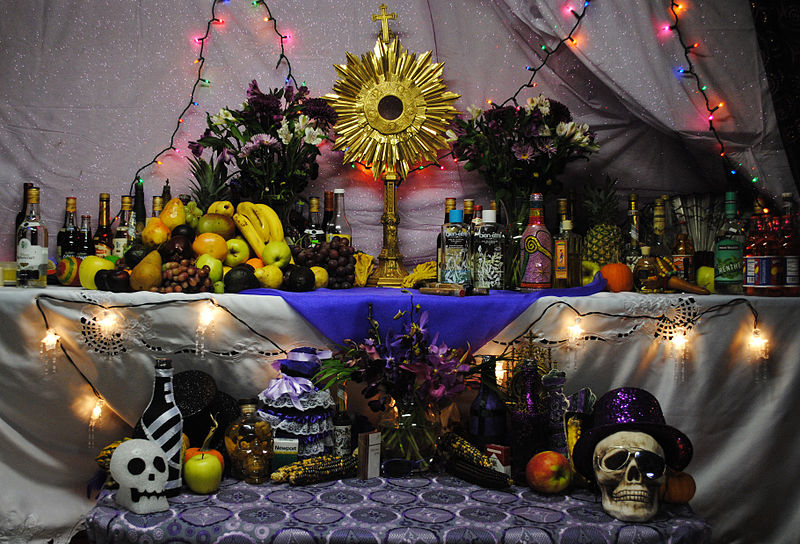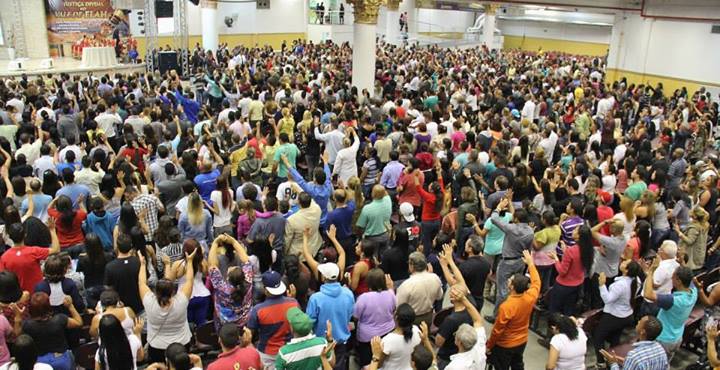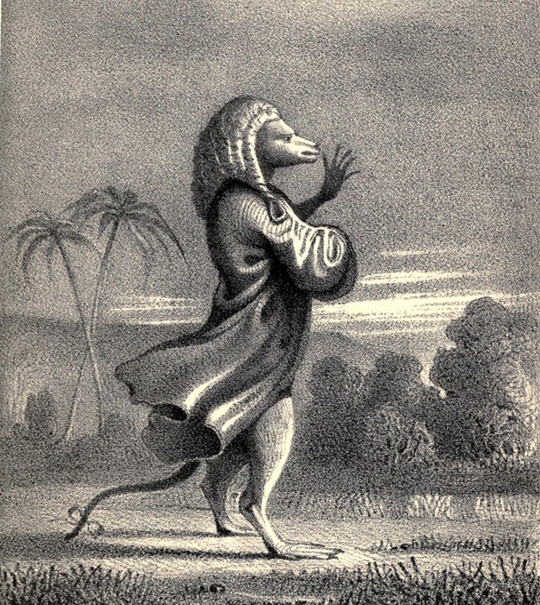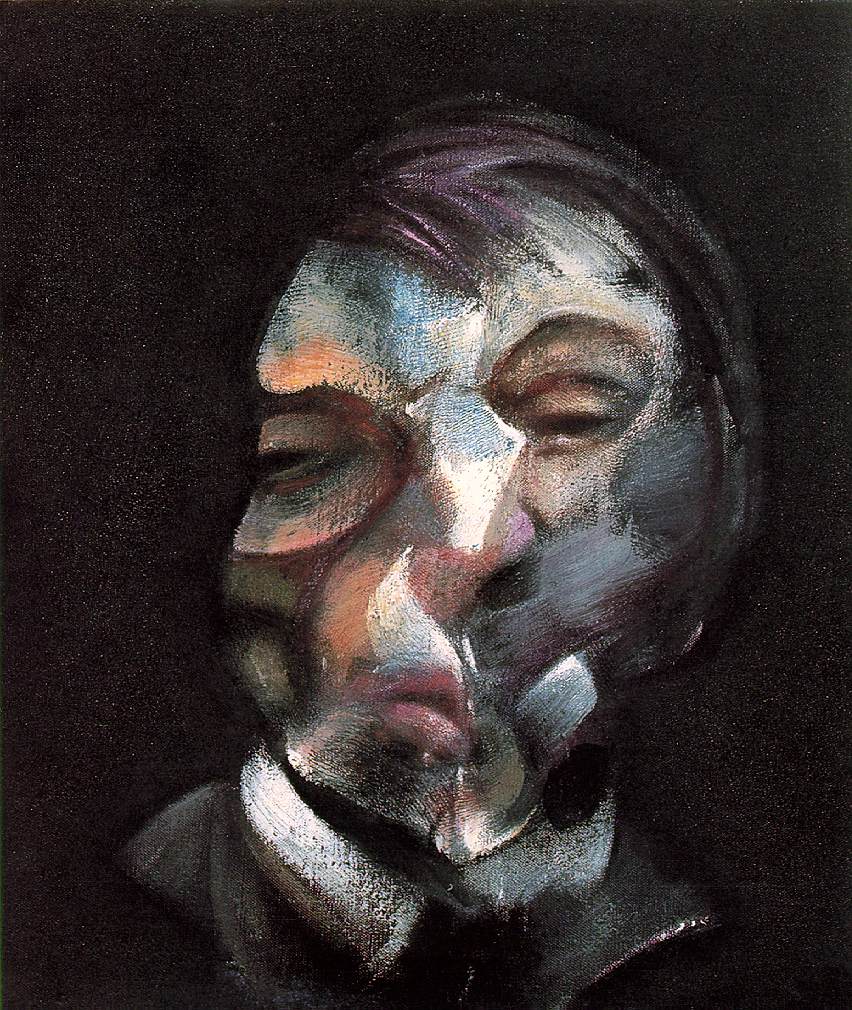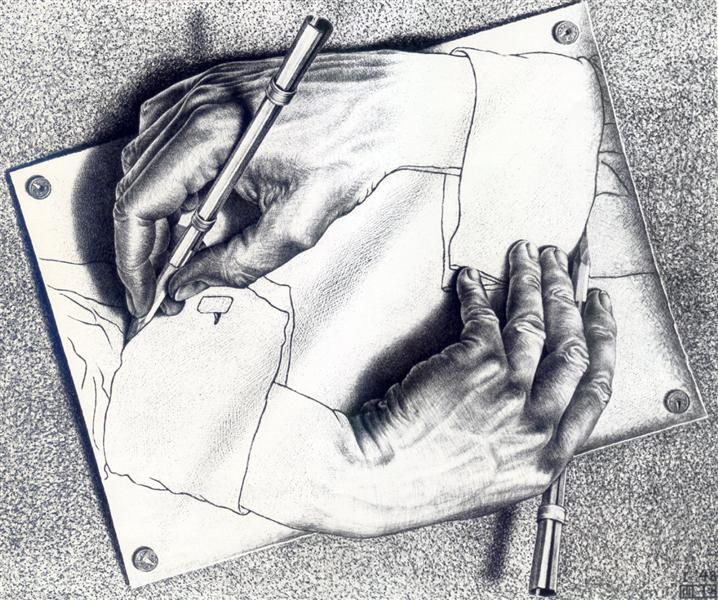The following is the second of a three-part series. The first can be found here. The full article is also available in the Spring 2022 issue of the Journal for Cultural and Religious Theory. Human No More: Human Transontology The profound affective movements that occur within religiously intensified music dislodge the coordinates of the body and […]
Tag: Gilles Deleuze
Rapture Music – Intensity And Eschatology Within Christian Revival Movements, Part 1 (Fraser Macdonald)
The following is the first of a three-part series. The full article is also available in the Spring 2022 issue of the Journal for Cultural and Religious Theory. “Music is never tragic, music is joy. But there are times it necessarily gives us a taste for death; not so much happiness as dying happily, being […]
Admitting A Certain Fear of Zizek’s Theology – A Modest Plea For A Deleuzian Reading Of The Death Of God (Elijah Prewitt-Davis)
I am told by Zizek—as well as Hegelian friends—that any attempt to argue or disagree with Hegel fits nicely within his dialectical scheme. “Oh, you disagree with Hegel,” they say, “so you agree with him?” As Zizek warns, even Gilles Deleuze’s “generalized anti-Hegelianism” “…is much more ambiguous than it may appear: the elevation of Hegel […]
Hegemony And Techno-Rationality – Toward An Aesthetic Soteriology (Mason Davis)
To speak of aesthetics is not simply to consign art to its effects on sensibility, but to open up the configurations of experience that create new modalities of perception and new forms of subjectivity. “Aesthetics provides a mode of articulation between ways of doing and making, their corresponding forms of visibility, and possible ways of […]
The Semiotics of the Unconscious in Gilles Deleuze and Roland Barthes, Part 2 (Roger Green)
The following is the second of a two-part series. The first installment, published on Dec. 19, 2016, can be found here. In Writing Degree Zero, Barthes suggests disengaging from literary language by creating “a colorless writing, freed from all bondage to a pre-ordained state of language.”[1] He says “writing at the zero degree is basically […]
The Semiotics of the Unconscious in Gilles Deleuze and Roland Barthes, Part 1 (Roger Green)
The following is the first of a two-part series. In his preface to Deleuze and Guattari’s Anti-Oedipus, Michel Foucault asks the authors’ forgiveness for describing their book as the first book of ethics written in France in a long time. As the chair of philosophy at the newly founded Centre Expérimental de Vincennes (University of […]
Hanging Garlands Of Flowers On The Chains That Bind – Soft Totalitarianism and Techno-Rationality (Jeff Appel)
This article was originally a paper delivered at the conference “Reclaiming the Unconscious – On The Intersection of Psychoanalysis With the Humanities,” October 21-23, at the University of Denver, Denver, Colorado. “Our writing tools are also working on our thoughts[1].” So wrote — or more precisely, so typed — Friedrich Nietzsche in 1882. Nietzsche’s severe […]
What Is A Dispositif? – Part 1 (Gregg Lambert)
The following article by internationally known theory scholar Gregg Lambert is the first of a two-part series. The concept of “dispositif” is best known as a key term in late Foucault that first appeared in his History of Sexuality, Volume 1 (1976) to replace the use of “discursive formation,” which for Foucault was restricted to […]
